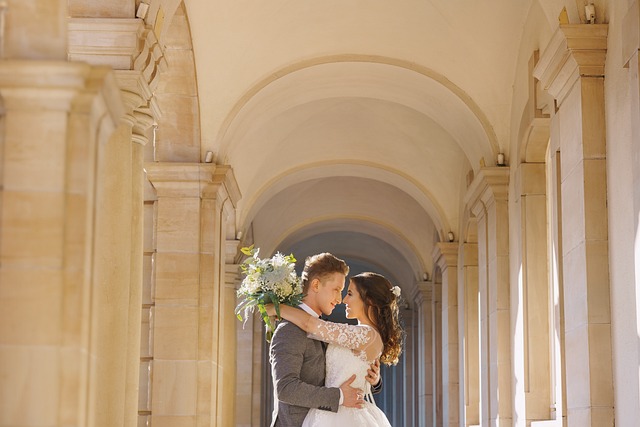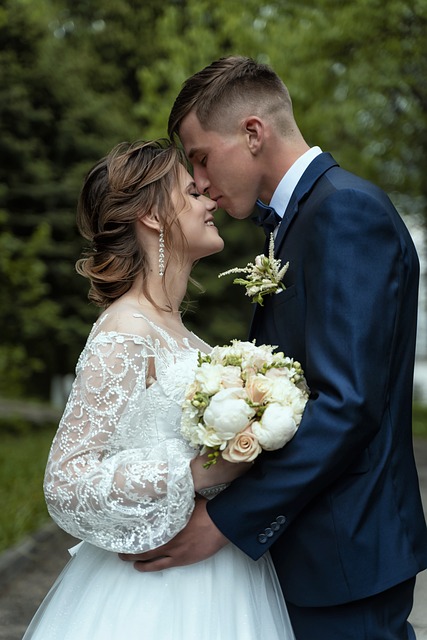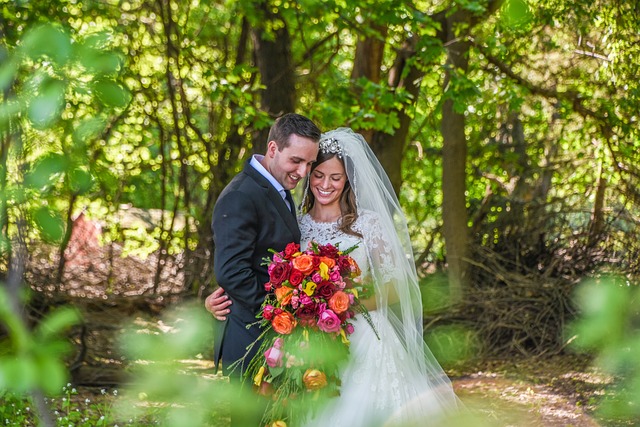Creating a Budget
One of the most important aspects of planning a wedding is creating a budget. This will help you stay organized and prevent overspending. Start by listing all the expenses you anticipate, such as venue, catering, attire, and entertainment. Be sure to allocate some extra funds for unexpected costs that may arise. Once you have a clear understanding of your budget, you can begin to prioritize what is most important to you and your partner.
It’s important to be realistic with your budget and consider what you can afford. Research the average costs of weddings in your area to get a rough idea of what to expect. Don’t forget to account for hidden costs such as gratuities, taxes, and service fees.
By creating a budget and sticking to it, you’ll be able to make informed decisions about where to allocate your funds and avoid unnecessary stress and financial strain.
Choosing the Right Venue
The venue sets the tone for your entire wedding, so it’s crucial to choose the right one for you. Consider your budget, the number of guests, and the atmosphere you want to create. Whether you’re dreaming of a rustic barn wedding or a glamorous ballroom affair, research different venues and visit them in person to get a feel for their ambiance.
When choosing a venue, it’s important to consider the logistics as well. Is it spacious enough to accommodate your guest list? Does it offer on-site catering, or will you need to bring in an outside vendor? Does it have ample parking and accessibility for all your guests? These are all factors to take into consideration when making your decision.
Remember to book your venue well in advance, as popular locations can get reserved quickly. Once you’ve secured your venue, you can start planning the rest of your wedding around its aesthetic and logistical requirements.
Planning Your Guest List
Creating a guest list can be a daunting task, but it’s an important step in the wedding planning process. Start by sitting down with your partner and making a list of everyone you want to invite. Consider the capacity of your venue and your budget when finalizing the list. It’s important to be mindful of whom you invite and prioritize those who are closest to you.
Once you’ve created your initial list, go through it again and consider if there are any guests you can cut to make the wedding more intimate and affordable. Keep in mind that each guest adds to the overall cost of the wedding, so it’s important to be practical when finalizing your guest list.
When it comes time to send out invitations, be sure to include all the necessary information, such as RSVP dates and meal preferences. Being organized with your guest list will make the planning process much smoother and less stressful.
Choosing Your Vendors
Choosing the right vendors can make all the difference in your wedding day experience. From photographers to florists to caterers, it’s important to do your research and find vendors who align with your vision and budget. Ask for recommendations from friends and family, and read reviews online to get a sense of a vendor’s reputation.
When meeting with potential vendors, be sure to ask plenty of questions and get a clear understanding of the services they offer. It’s important to feel comfortable and confident in your choices, as these professionals will play a crucial role in bringing your wedding day to life.
Once you’ve chosen your vendors, be sure to communicate your expectations clearly and stay organized with contracts and payment schedules. Building a good relationship with your vendors will make the planning process more enjoyable and ensure a seamless wedding day.
Enjoying the Process
Planning a wedding can be overwhelming at times, but it’s important to remember to enjoy the process. This is a special time in your life, and the journey to your wedding day should be filled with joy and excitement. Take moments to celebrate each milestone, whether it’s finding the perfect dress or booking your dream venue.
Delegate tasks to friends and family to alleviate some of the stress, and don’t be afraid to ask for help when you need it. Planning a wedding is a team effort, and it’s important to lean on your support system for guidance and encouragement.
Lastly, remember that the most important thing is the love you share with your partner. Keep the focus on your relationship and the commitment you’re making to each other. The wedding is just one day, but the memories and love you share will last a lifetime.
Conclusion
Planning a wedding as a beginner can be a daunting task, but by following these tips, you can navigate the process with confidence and ease. Remember to stay organized, prioritize what’s important to you, and enjoy the journey to your special day. With careful planning and attention to detail, you can create a wedding that reflects your unique love story and leaves a lasting impression on you and your guests.


















What do you think?
It is nice to know your opinion. Leave a comment.